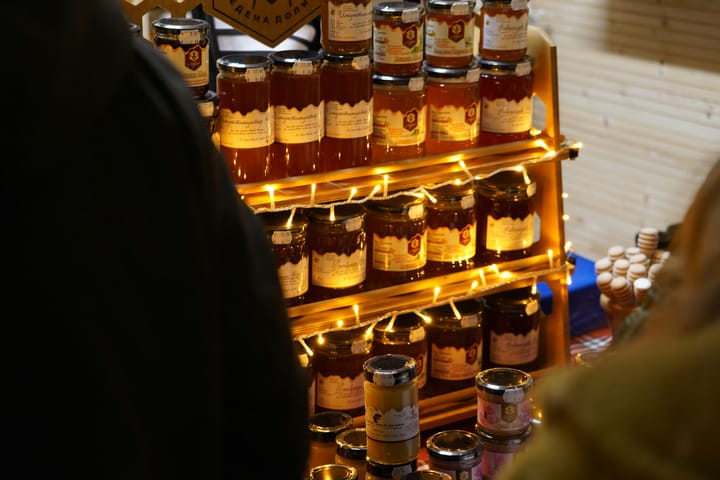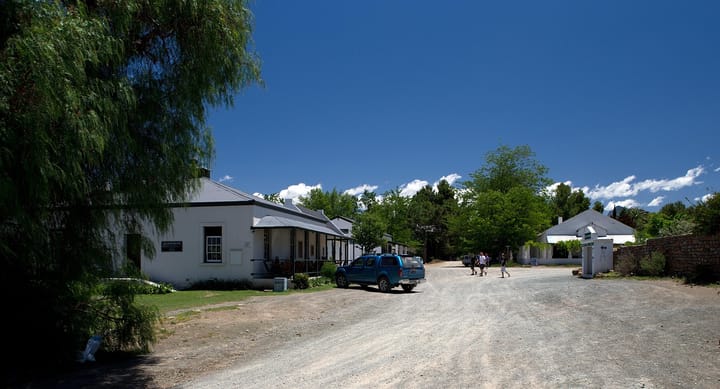How innovation shapes Karoo’s shared economical future
Across the region, communities are exploring ways to build on existing strengths and cultural heritage.

Real Karoo. Real People. Real Business.
A new story of innovation-driven local economic development is unfolding across the Karoo region. In a ground-breaking initiative led by the Human Sciences Research Council (HSRC), municipalities in the Karoo are collaborating to share knowledge, data, and practical solutions to common challenges.
From the streets of Beaufort West to the farming communities around Graaff-Reinet, local leaders and stakeholders are harnessing grassroots ideas to shape a future of inclusive growth.
At the heart of this transformation is the HSRC’s Local Innovation and Development (LID) research programme. Designed to promote cooperation between municipalities, the programme focuses on ways in which local government structures can learn from each other, using data and community-driven ideas to address persistent issues such as poverty, unemployment, and economic exclusion.
A central component of this effort is the creation of knowledge-sharing platforms, where officials, farmers, small business owners, and civil society organisations come together to explore what works, and why.
Sharing ideas across Karoo districts
Recent knowledge-sharing events facilitated by the HSRC have brought together municipal officials and community stakeholders from various Karoo districts. These engagements are helping towns across the region explore shared challenges and opportunities for local economic development through grassroots innovation.
Municipalities in the Karoo have often tackled similar development challenges in isolation, each attempting to address issues like unemployment and poverty without fully knowing how neighbouring towns were approaching them.
Through the HSRC’s initiative, this is changing. Knowledge-sharing platforms are enabling districts such as Prince Albert, Carnarvon and Colesberg to learn from one another’s experiences. For example, successful efforts to establish small-scale agro-processing hubs in one town are now being examined by others seeking to support local farmers and small businesses.
This spirit of collaboration is helping to build a more coordinated approach to local economic development across the region.
The HSRC’s Local Innovation and Development research programme, led by Dr Nicky Pouw, highlights the importance of mutual learning between municipalities. The initiative encourages towns in the Karoo to share practical strategies and innovations, helping local governments and communities build on each other’s successes in areas such as small enterprise development and rural livelihoods.
Turning data into action
One of the major lessons emerging from the HSRC initiative is the value of data in driving local economic development. Municipalities are beginning to map their assets, from community centres and public facilities to natural resources, in order to identify opportunities for collaboration and investment.
This mapping not only helps to coordinate efforts across districts, but also sees that development strategies are grounded in local realities.
In Carnarvon, the process of mapping local assets has shifted how municipal leaders approach development planning. While the challenges facing the town have long been recognised, this new focus on identifying strengths (such as disused railway lines with potential as tourism assets or underutilised farmland) has opened up fresh opportunities for local economic development.
By documenting and sharing these resources, the municipality is finding new ways to think strategically about growth and collaboration within the region.
Grassroots innovation in action
What sets the Karoo’s new approach apart is its focus on home-grown solutions tailored to local contexts. Across the region, communities are exploring ways to build on existing strengths and cultural heritage while identifying new opportunities for small enterprise and rural development.
The sharing of ideas and strategies between municipalities is helping to open up markets and create jobs in ways that reflect the unique character of Karoo towns.
Local stakeholders believe these examples prove that rural areas can be centres of creativity and problem-solving.
Looking ahead
The HSRC’s initiative is still in its early stages, but the results so far have encouraged participants and researchers alike. The project has highlighted the potential of rural transformation led from within, driven by collaboration and a shared vision for a better future.
As the Karoo’s municipalities continue to work together, the hope is that the region can not only tackle its long-standing socio-economic challenges, but also serve as a model for other rural areas across South Africa.





Comments ()